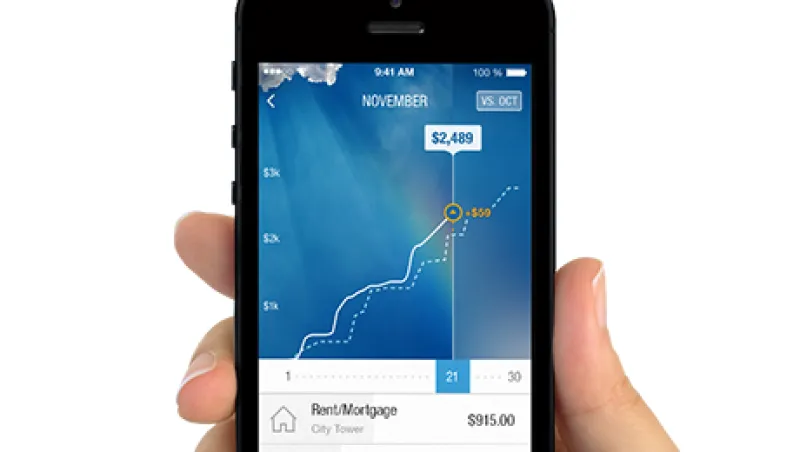
The Quantified Self Movement Reaches Personal Finance
A look at the apps that tell you to stop spending time with people who tempt you to waste money.
Daniel Nadler
March 4, 2014


